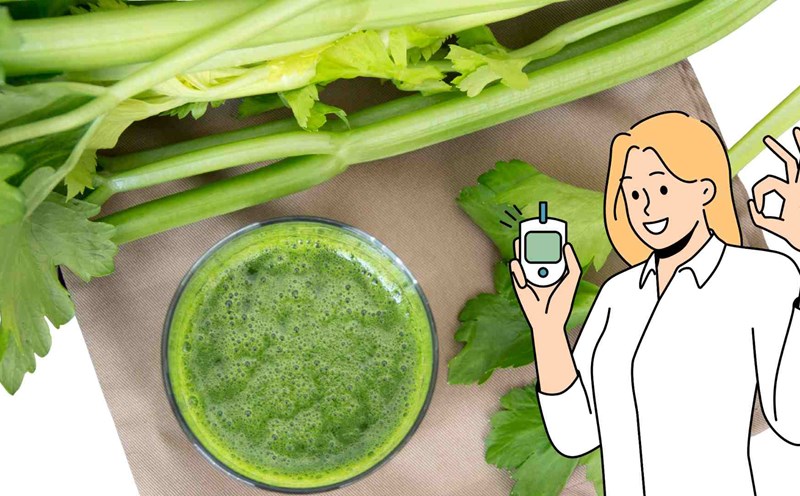Avocado
Avocado is a rich source of monounsaturated fat and fiber, which helps slow down the emptying of the stomach and stimulate the secretion of PYY satiety hormone - thereby limiting appetite.
One study shows that adding a whole avocado to breakfast can maintain a feeling of fullness for up to 6 hours. In addition, avocados also help stabilize blood sugar and reduce insulin fluctuations, an important factor in weight control.
Cauliflower (white mustard)
As a low-calorie vegetable but rich in fiber and water, cauliflower helps prolong the feeling of fullness and reduce food intake. When eating, cauliflower needs to be chewed thoroughly, helping to slow down the rate of eating and increase the feeling of fullness. Getting a light bowl of cauliflower before meals is a simple way to supplement fiber and micronutrients without losing good nutrients.
Eggs
Eggs are a source of high-quality protein, which helps stimulate the secretion of satiety hormones such as GLP-1 and PYY. When cooked, the protein in eggs forms a stable structure in the stomach, slowing down digestion and prolonging satiety. Eggs are also flexible in processing, from boiled, fried to soup, very suitable to add to main or side dishes.
Salmon and mackerel
These two fatty fish are rich in protein and omega-3 fatty acids (EPA, DHA), which help control appetite and regulate blood sugar. Omega-3 also helps improve leptin sensitivity - the hormone that controls hunger, while supporting metabolism and cardiovascular health. Eating salmon or mackerel a few times a week is a healthy choice for both weight and overall health.











